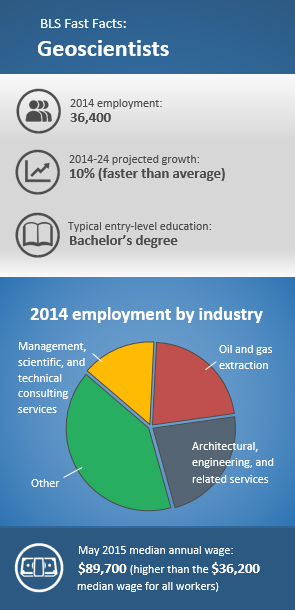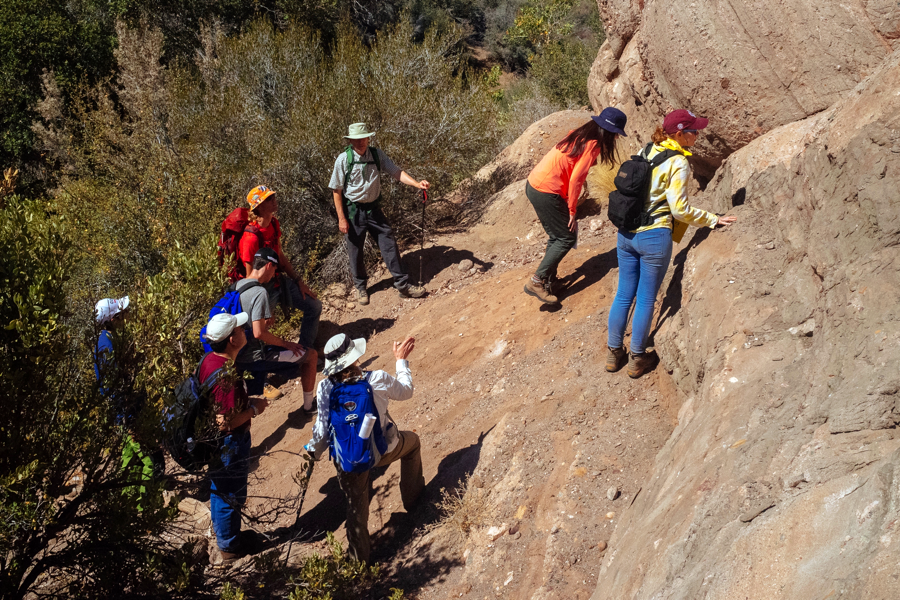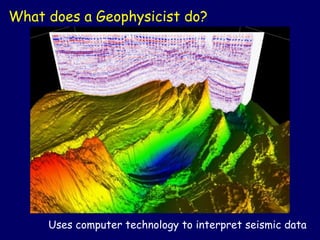All Categories
Featured
Table of Contents
Geophysical Survey And Investigations in Nedlands Aus 2023
This work is significantly contracted out, so consultancies offer another source of employment. Consultancy companies differ in size, from very little business to large multinationals. Some consultancies are quite specialised in utilizing particular geophysical techniques or operating in specific places, while others use a more diverse series of services to their clients.
The extraction of gas from garbage dump websites is another location of employment and this might grow in the future. Expedition business might carry out work for building companies, public utility, mining business and ecological firms, so geophysicists may be employed in any of these settings. Other companies consist of: geological surveysgovernment bodies and agenciesuniversities and research institutes.


Jobs might be listed in the oil and gas sector press. Recruitment is impacted by oil cost fluctuations and the level of competitors for positions varies depending upon this. Professions Days, which cover the complete series of geoscience careers and are usually attended by a number of crucial market companies, are run by The Geological Society.
Geophysical Survey And Investigations in Kardinya WA 2020
A few of the big oil and gas business offer a full two-year structured training programme across the breadth of geophysics, consisting of the chance to experience work in different groups prior to specialising in one area. Your training may include work on: existing wellsmagnetic and gravitational potential field information analysisresearchrock analysis. It's more usual for your initial training to be provided on the task.

There may be a probationary period during which you work alongside a knowledgeable colleague. Competency-based appraisals occur regularly in many firms. In smaller sized companies, and for academic posts, there is unlikely to be any formal training - you'll be expected to start work straightaway and select up skills as you go along.
If you work for a smaller sized company, you may discover that you require to take duty for setting up and funding your own advancement and training. If you have a geology degree, membership of The Geological Society can be helpful for networking and for maintaining to date with the industry.
What Does A Geophysicist Do? in Guildford Western Australia 2023
You might also find it beneficial to join the PESGB (The Petroleum Expedition Society of Great Britain, which has a geophysics unique interest group. After a probationary period, and once you have actually gotten some experience, you might advance to senior geophysicist, then team leader and after that into a senior function in management.
The ease of movement in between functions depends on the company structure. Study at Masters or Ph, D level in a subject related to geophysics or geosciences might assist with your career development and progression. The work market within the oil and gas market is extremely based on rate and this may affect your chances for profession development.
For experienced geophysicists, freelance consultancy offers a good path for profession advancement. As a geophysicist, you're most likely to have several jobs throughout your working life.
How To Become A Geophysicist in Trigg Western Australia 2020
From geophysics, it's possible to concentrate on seismology (finishing further training to become a seismic interpreter) or to move into related locations such as engineering geology or danger forecast.
Deciding what to study in college is a tough choice. Even if you know that your field of interest lies in science, what program of research study is best for you?
The first step to accomplishing your objective of becoming a geophysicist is earning a degree. Even for entry-level positions in the field of geoscience, you'll require a bachelor's degree (a geophysicist college degree) from a recognized college or university. Geophysicists must be able to: analyze rocks, photographs, and other pieces of data perform research study both in the field and in labs produce maps and charts of their findings write reports To accomplish all this, students require a specialized education for geophysicist professions.
As specified above, you'll need a bachelor's degree in geoscience or a related discipline, such as a physical science or a natural science, to land an entry-level job. Students can also prepare by majoring in subjects like: Biology Chemistry Computer system science Engineering Mathematics Physics The above geophysicist majors offer a more generalized approach to a single scientific discipline, but a lot of programs require trainees to take one or more geology course.
Latest Posts
Geophysicist Jobs in North Perth Australia 2021
Geophysical Survey Definition in Warnbro Western Australia 2021
What Is Geophysics? in Carlisle Australia 2020